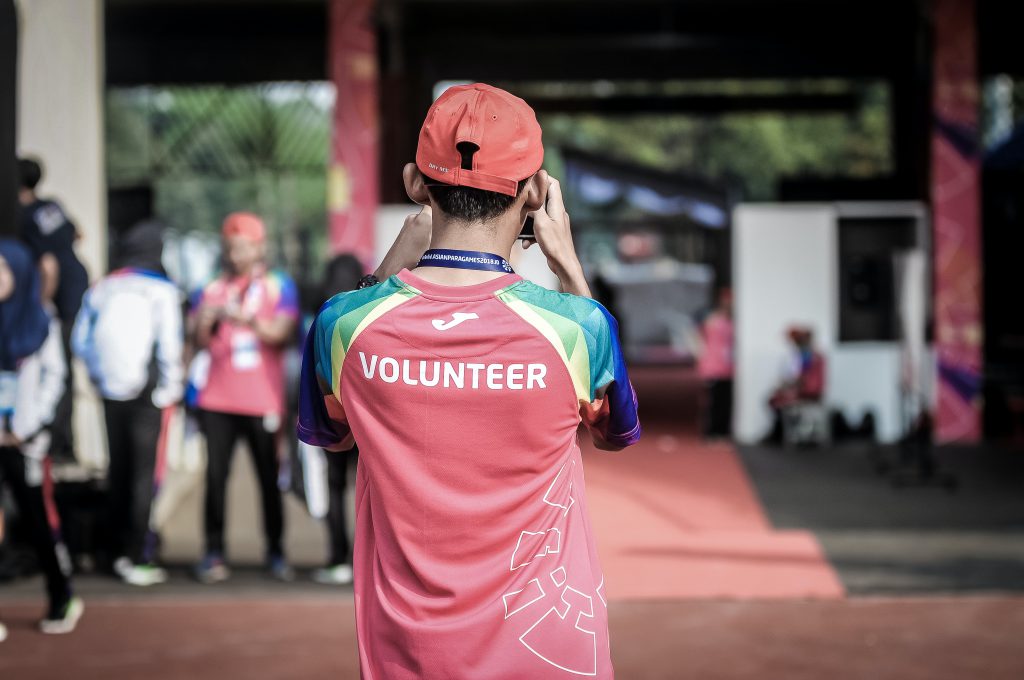At the end of April 2022, CSCCE’s Director Lou Woodley co-developed a session on sustainability in community projects for the National Organization of Research Development Professionals conference with Melissa Vaught (University of Washington), Jennifer Glass (Eastern Michigan University), Connie Johnson (Umass Chan Medical School), and Jessica Moon (Stanford Aging and Ethnogeriatrics Transdisciplinary Collaborative Research Center).
In this guest blog post, Melissa, who is also a member of CSCCE’s community of practice for STEM community managers, recaps the goals and outcomes of the session.
Continue reading “The long haul: Understanding STEM community sustainability as a systems challenge”
